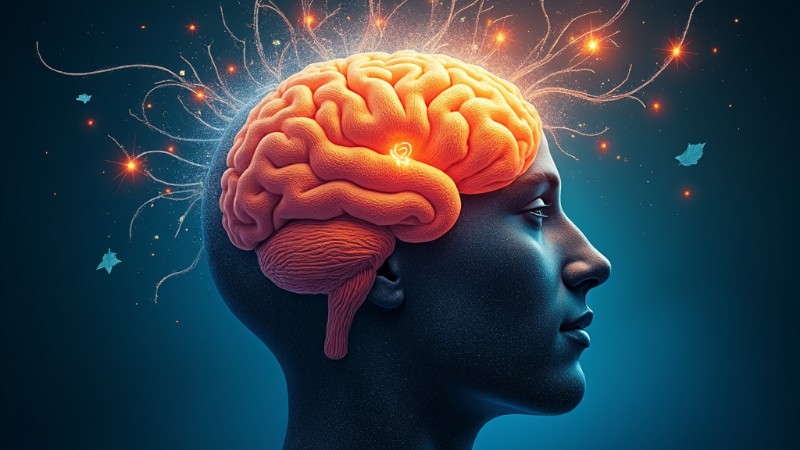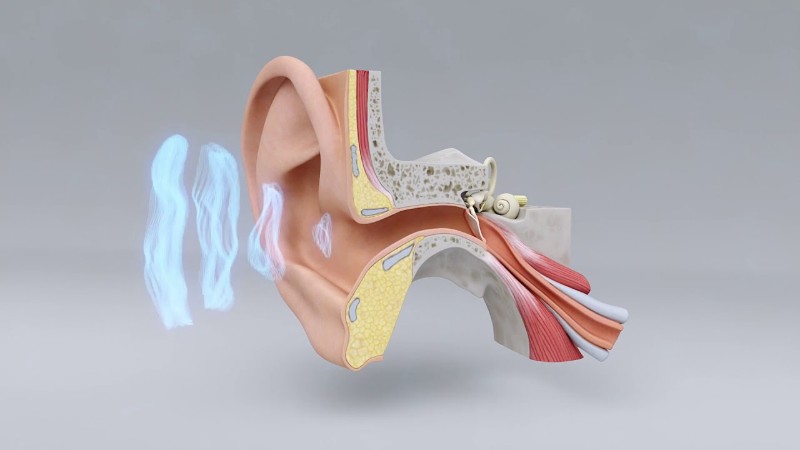As we age, our bodies undergo a series of changes that can impact our overall well-being. One common concern among seniors is memory loss, often exacerbated by anxiety.
Studies confirm that anxiety plays a substantial role in the memory loss often associated with aging.
In this article, we will delve deeper into the relationship between anxiety disorders and memory lapses. Also, we will explore the common strategies to mitigate their combined effects.
Understanding anxiety’s impact on memory loss
Anxiety can impair regular brain functioning, leading to challenges in learning and remembering new material. The inability to think clearly can make simple daily tasks seem unmanageable and leave one feeling completely drained.
The constant worry and fear associated with anxiety can hinder the brain’s capacity to process and retain information effectively. This can lead to difficulties in:
Learning new information: The brain’s focus is diverted towards managing anxiety, making it harder to encode and retain new memories.
Recalling existing memories: Anxiety can interfere with the retrieval of stored memories, making it challenging to access information when needed.
Maintaining focus and concentration: The constant mental chatter of anxiety can make it difficult to sustain attention, leading to forgetfulness and missed details.
Moreover, chronic anxiety can trigger the release of stress hormones like cortisol, which, in excessive amounts, can damage the hippocampus – a brain region vital for memory formation and retrieval. This can further contribute to memory impairment and increase the risk of developing dementia.
The importance of supportive caregiving
When caring for an older adult, recognizing and addressing anxiety is crucial. By working closely with healthcare professionals, you can develop a personalized strategy to manage anxiety while promoting cognitive health.
Empathetic caregiving plays a vital role in reducing the adverse effects of loneliness and social isolation, which can significantly heighten anxiety levels in seniors who may feel disconnected from their communities.
Research shows that practices like meditation and yoga—key components of mindfulness-based interventions—can effectively alleviate anxiety and boost memory capacity. These activities foster greater self-awareness and create a more organized mental framework.
Encouraging your senior loved one to engage in mindfulness practices can help cultivate a sense of calm, diminish anxiety, and establish an environment that supports better memory performance.
Additionally, targeted cognitive training and memory exercises have been proven to enhance focus, reaction time, and memory retention. By strengthening neural connections, these activities refine the brain’s ability to process and store information effectively.
Raising awareness about senior health concerns
Recognizing the warning signs of anxiety in seniors is essential for ensuring they receive the support they need right away.
By promptly seeking expert guidance, you can effectively address these signs, helping your loved one navigate anxiety-related challenges and enhance their overall quality of life.
Additionally, fostering a nurturing atmosphere that promotes emotional well-being and cognitive health is crucial in mitigating the negative impact of anxiety on memory function.
Healthcare providers also play a vital role in this process. They must be sensitive to the complex emotional needs of seniors struggling with anxiety-induced memory impairments. Through empathetic support and fostering a sense of connection, they can help alleviate the emotional distress often associated with these issues.
Effective management of anxiety-related memory loss requires a collaborative approach that unites caregivers, healthcare professionals, and seniors. This teamwork ensures comprehensive support, integrating both physical and emotional care.
By acknowledging the intricate relationship between mental well-being and overall quality of life, we can create an environment that empowers seniors to thrive. Together, we can raise awareness and promote healthier, happier lives for our loved ones.















